All-Ireland SHC: History on Cork's side but Dublin have come close in recent past
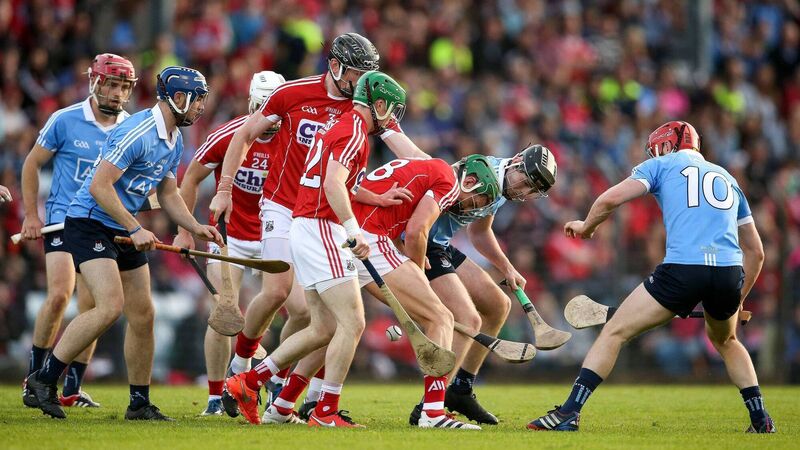
Cork's Aidan Walsh battles for possession against Chris Bennett of Dublin in the 2016 All-Ireland SHC qualifier at Páirc Uí Rinn. Picture: Inpho/Cathal Noonan
The history of Cork and Dublin in hurling championship meetings is a clustered one.
Between 1919 and 1928, there were four meetings – three All-Ireland finals and, unusually, one semi-final as Galway received a bye straight to the 1928 final.
Cork won that, having lost the 1922 and 1927 deciders to Dublin – not since then have the Rebels lost to the Metropolitans.
Dublin came again during the years of the second world war, with Cork beating them in finals of 1941, 1942 and 1944 but, after the final of 1952, Dublin would claim just one more Leinster title between then and 2013.
It took until the advent of the back door for games between the counties to become more common, with Cork triumphing in the qualifiers in 2007 and 2008 before persevering against a 14-man Dublin in the semi-final of 2013.
There was an element of irony in that the goal that helped to turn the game Cork’s way was scored by Patrick Horgan, who had himself been harshly sent off in the Munster final loss to Limerick, when a full complement might have seen Cork to a first provincial win in seven years.
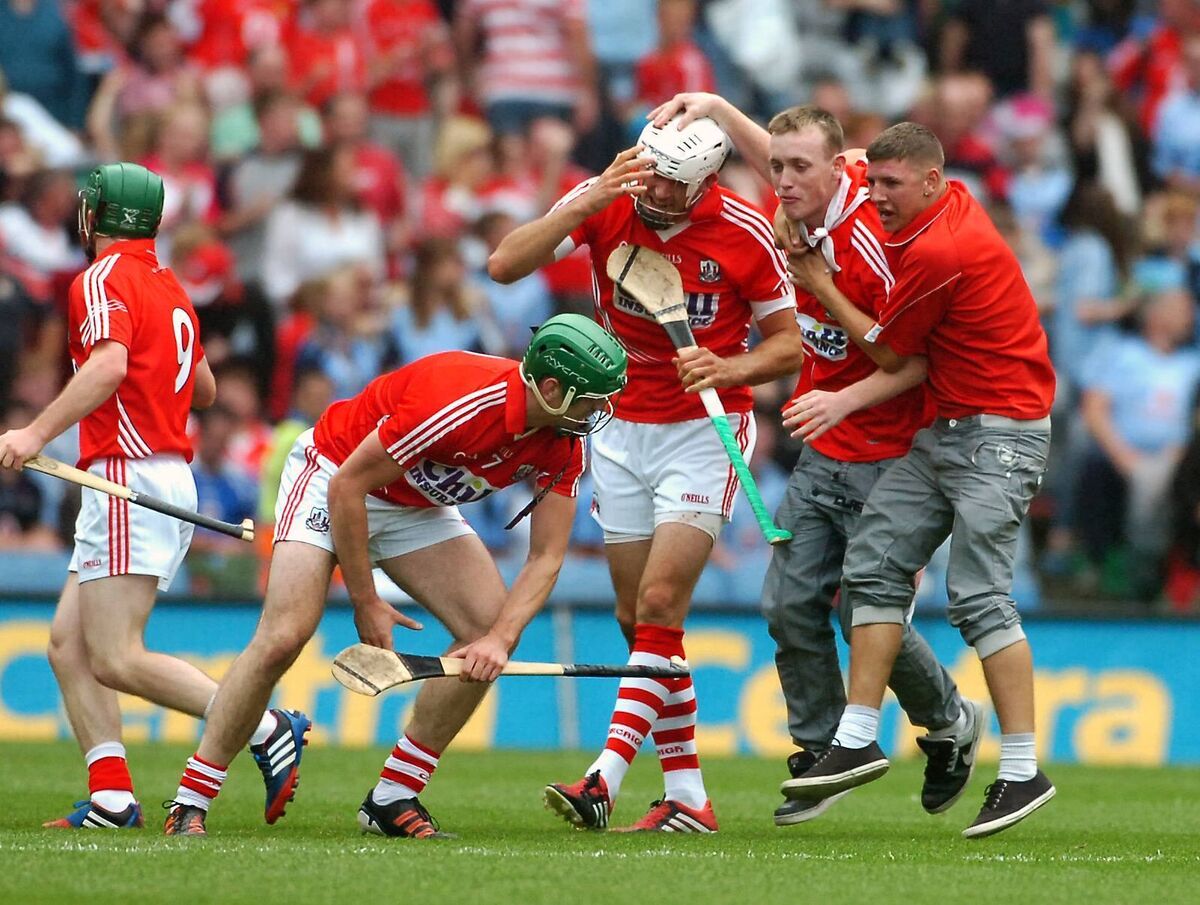
Less remembered, but just as much of a missed opportunity for Dublin – again featuring a red card – was the next championship meeting against Cork, a qualifier tie in 2016.
Having lost in the Munster championship against Tipperary, the All-Ireland draw pitted them against Dublin in Páirc Uí Rinn on July 2 and 10,058 people were treated to a sizzling game, full of the cut-and-thrust of knockout competition.
In Kieran Kingston’s first year in charge, an extra element was added by the fact that the Dublin manager was his former colleague, as a player and as a selector under Jimmy Barry-Murphy – Ger Cunningham. The pair would reunite in Kingston’s second stint in charge of Cork but, that night on the Boreenmanna Road, Cunningham came so close to achieving an away win for his then-current county.
Dublin had won by 4-21 to 2-17 when the teams had met in the Allianz Hurling League in Croke Park in March and so Cork couldn’t claim they weren’t forewarned.
He scored 1-3 from four shots in the opening period, Luke O’Farrell setting him up for the goal to make it 1-6 to 0-7 on 25 minutes. Though Dublin lost wing-back Chris Crummy to a second yellow card soon after that they kept pace with their hosts until the break, 1-10 to 0-11 the interval score.
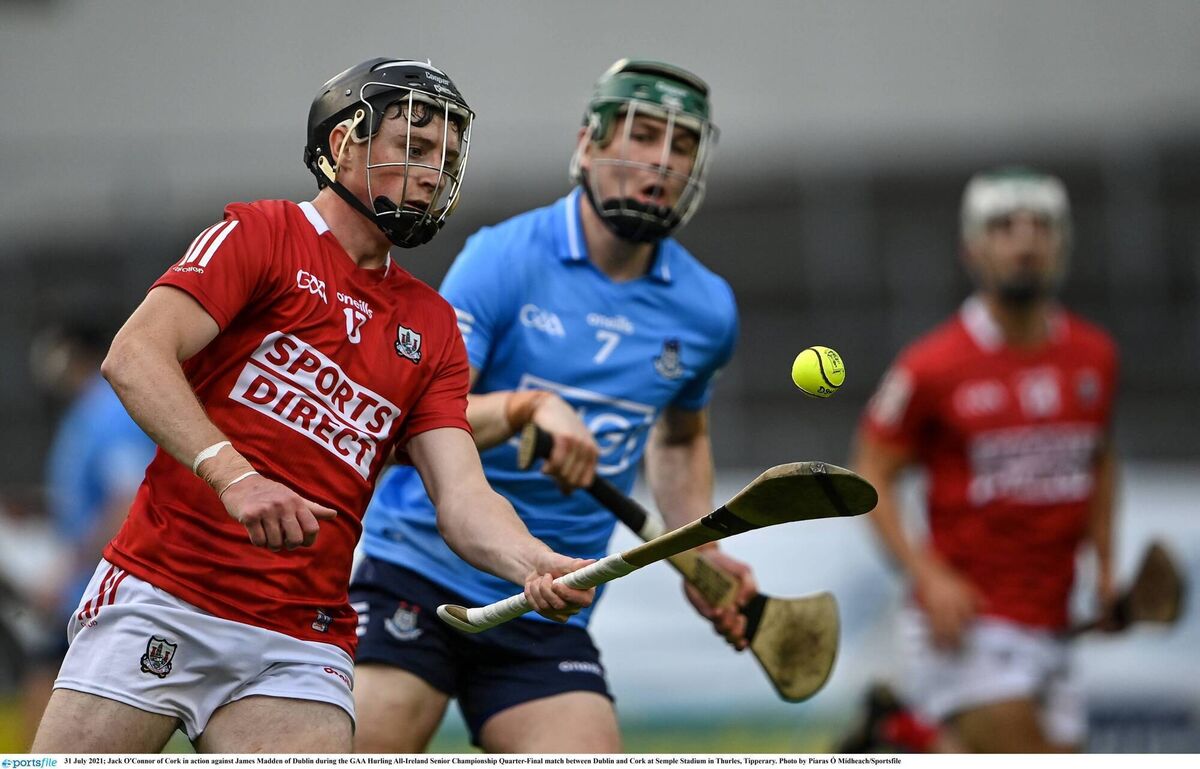
Conor O’Sullivan was introduced to play the free role for the second half and his influence, and Horgan’s frees, edged Cork further ahead, but they had to be thankful to Anthony Nash in goal for fine saves to deny Mark Schutte and Chris Bennett. Even so, they stuck limpet-like to Cork, two dead balls by Treacy in quick succession bringing it back to two points, 1-15 to 0-16. Against all odds, the Metropolitans then hit the front, as Eamon Dillon repeated his heroics of the league game – he scored 2-2 that day – by firing to the net, but Daniel Kearney, Cadogan and Horgan all pointed for Cork to eradicate the goal’s effect.
Cork pushed on to lead by 1-22 to 1-18 but again Dublin had a response, drawing level but, crucially, unable to take the lead, Dillon wide with their best effort. Having been let-off, Cork went back in front through Bill Cooper and that was followed by Conor Lehane’s third point. Dublin still had time and Treacy’s free, his ninth point, gave them hope but their only chance of an equaliser saw Aidan Walsh produce a superb hook on Daire Plunkett.
It finished 1-26 to 1-23 but Cork’s campaign was over a week later, suffering their first championship defeat to Wexford since 1956.
This Saturday, the aim is to avoid the ending of an even-longer duck and recent history is on their side. The counties had never met in Thurles before the Covid championship of 2020 but Cork won that game by 1-25 to 0-22 and then, the following summer, were victors in a quarter-final by 2-26 to 0-24.
They went on to reach the All-Ireland final that year – nobody is looking that far ahead but they won’t complain if it proves to be a good omen.
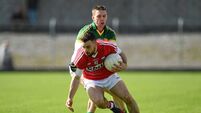
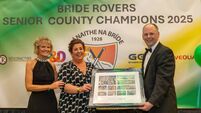

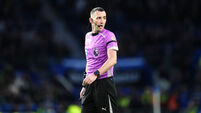
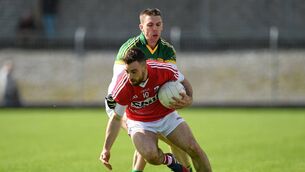



 App?
App?







